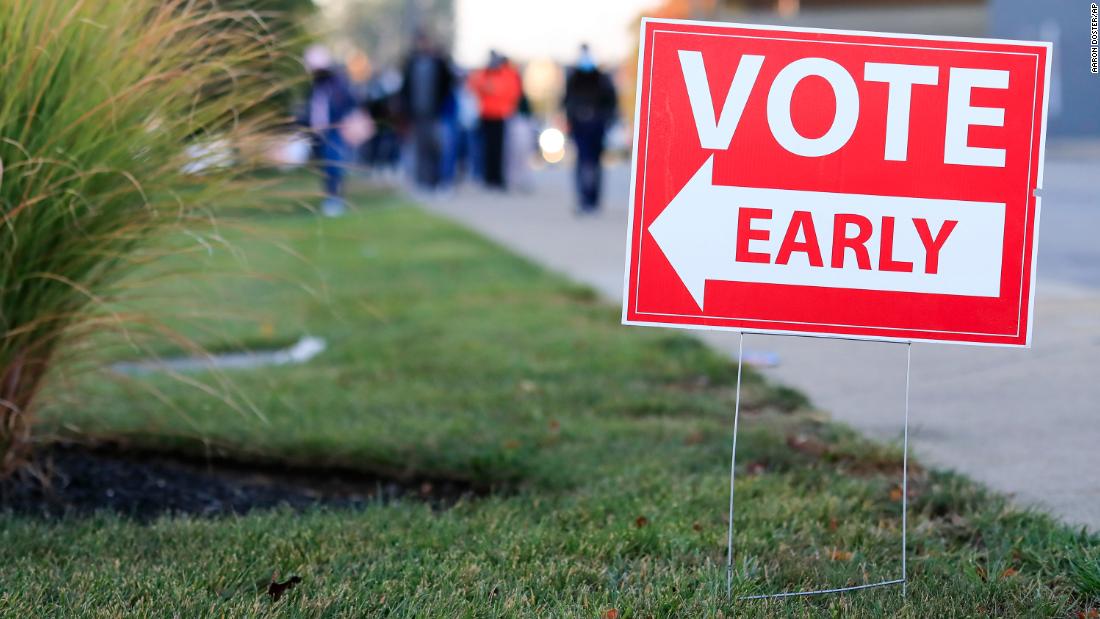
To prepare voters for potential voter intimidation, Georgetown University Law Center created fact sheets for all 50 states on illegal militias and what to do if voters encounter them.
A private militia engages in law enforcement activities without authorization by state or federal officials. Their members are often armed and wearing uniforms or identifying insignias, and they often believe they have legal authority to protect property or control crowds.
But no private militia has that authority. Every state bans unauthorized militias from taking on the activities of law enforcement.
So, Georgetown Law's Institute for Constitutional Advocacy and Protection, along with several pro bono law firms, created state-specific fact sheets about militias and the state statutes that ban their activities.
Voter intimidation is more than likely this election
The threat of voter intimidation is high this election. The US has already seen private militias deploy themselves this year, most notably at protests against racism, often inciting violence and intimidating protesters.
It's also the first election since the expiration of a 1982 consent decree put in place to prevent Republicans from engaging in voter intimidation schemes. And President Donald Trump has repeatedly nudged his supporters to appear at voting locations to "watch very carefully," spouting unproven theories even as his own FBI director has denied evidence of widespread voter fraud.
For those reasons, "communities must prepare for similar unlawful private militia activity and intimidation in connection with the election," said Mary McCord, legal director of Georgetown Law's Institute for Constitutional Advocacy and Protection and a former acting assistant attorney general for national security at the Department of Justice.
Contemporary militias are illegal
The Constitution -- a document created in the 18th century, when colonial militias were operated by states -- uses the word "militia" to refer to "all able-bodied residents between certain ages who may be called forth by the government when there is a specific need," according to Georgetown Law.
That definition of "militia" has changed. Now, an "organized militia" may refer to the National Guard or National Reserve. Some states operate state defense forces legally.
But it's illegal for private citizens to "activate themselves" for militia duty. Private militias also aren't protected by the Second Amendment, according to Georgetown Law.
What to do if voters see armed people at the polls
If voters spot armed groups near a polling place, they should first document what they see, according to the fact sheets.
Voters should take stock of what the group is doing, what type of firearm members might be carrying, if they're wearing an insignia that might identify which group they belong to and if they're speaking to people or threatening violence.
Georgetown Law advises voters to report that they see to the Election Protection helpline, a nonpartisan coalition for voting equity, at 866-OUR-VOTE.
"What" - Google News
October 06, 2020 at 11:20PM
https://ift.tt/2I3SYKr
Georgetown created fact sheets on illegal militias at the polls and what to do if you spot them - CNN
"What" - Google News
https://ift.tt/3aVokM1
https://ift.tt/2Wij67R
Bagikan Berita Ini















0 Response to "Georgetown created fact sheets on illegal militias at the polls and what to do if you spot them - CNN"
Post a Comment